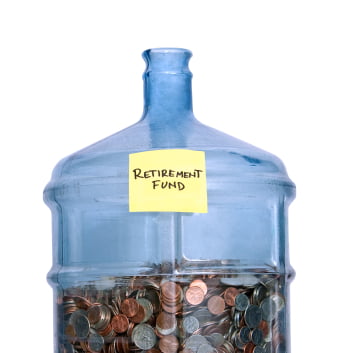Many debtors finding it difficult to keep up with their bills are tempted to borrow against their retirement funds to keep their head above water. Reductions in salary and especially unemployment can appear to be legitimate reasons for raiding a retirement fund; but doing so may not offer the relief they need. Before borrowing from their retirement fund, debtors need to understand that they will be required to repay that money and that the amount that they borrow may not be enough to repay their debts offering only a temporary reprieve from debt collectors. If a debtor defaults on their retirement loan or pull all of their money out before reaching the age of 59 ½ years old, they may also be liable for federal taxes on that money. Failure to pay those taxes could create another problem.
Some Alternatives For Relief
The reality is that many Americans are financially struggling and need to find relief someplace; but tapping into retirement accounts is a big NO-NO. Instead, they may want to consider bankruptcy. For debtors who are unemployed or who don’t make enough to pay their bills and maintain a basic living standard, Chapter 7 bankruptcy offers an opportunity to discharge all of their unsecured debt. For debtors who have an income to pay some of their bills; but not all, Chapter 13 bankruptcy will give them the opportunity to repay those debts under reasonable terms using a plan that spans a 3 to 5 year period. Remember, during bankruptcy, creditors are forbidden from touching your retirement accounts. Retirement is an important part of your future, don’t give creditors access to it by cashing it out or borrowing against it to repay debts. If your financial situation is that bad, you may just need to file bankruptcy.
